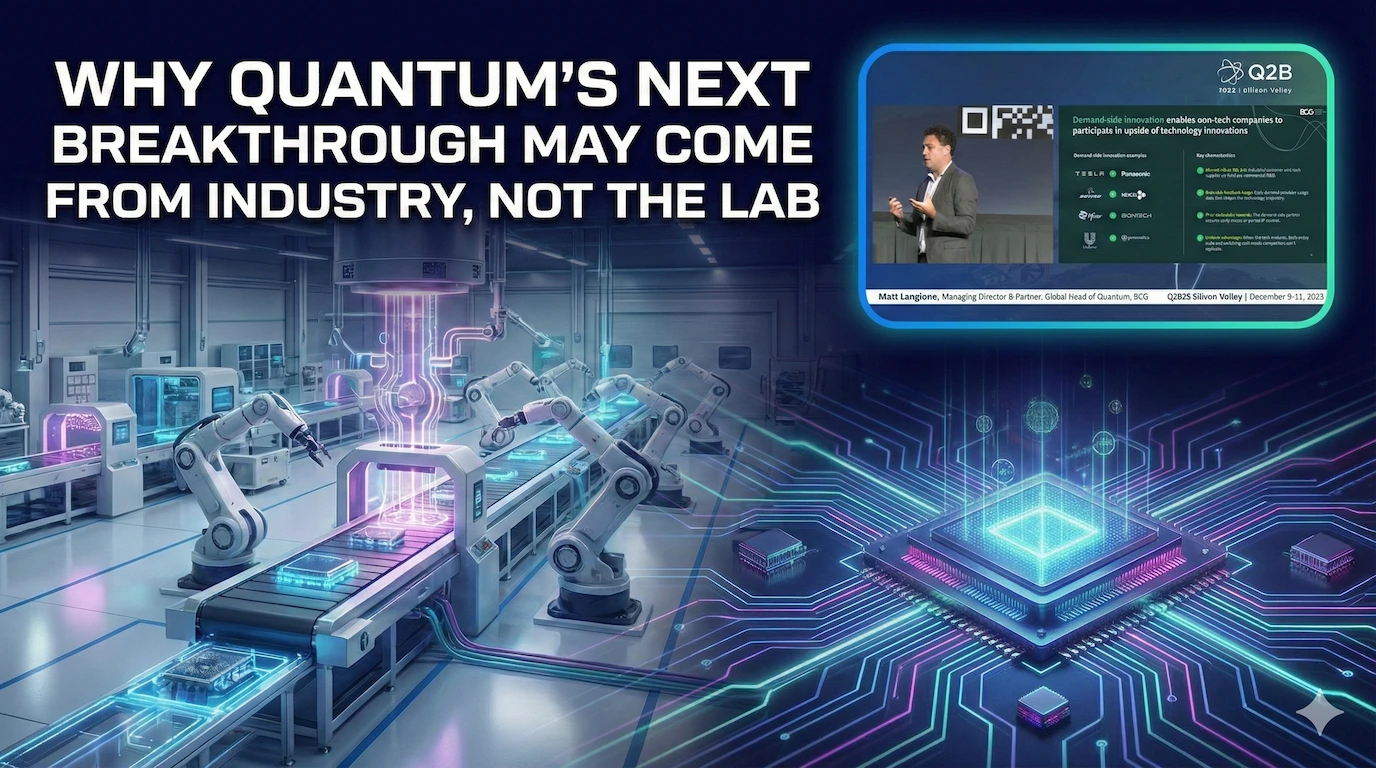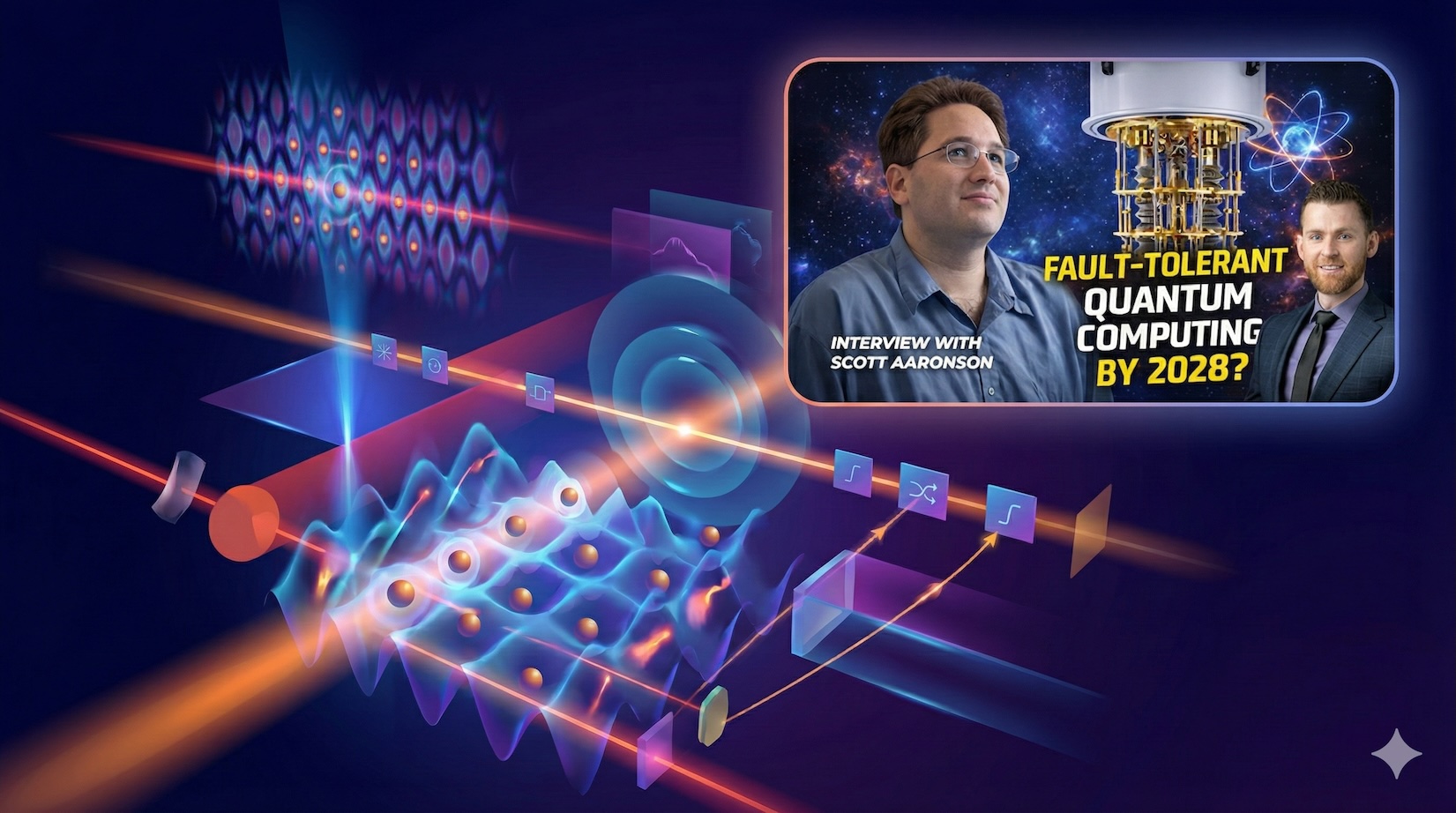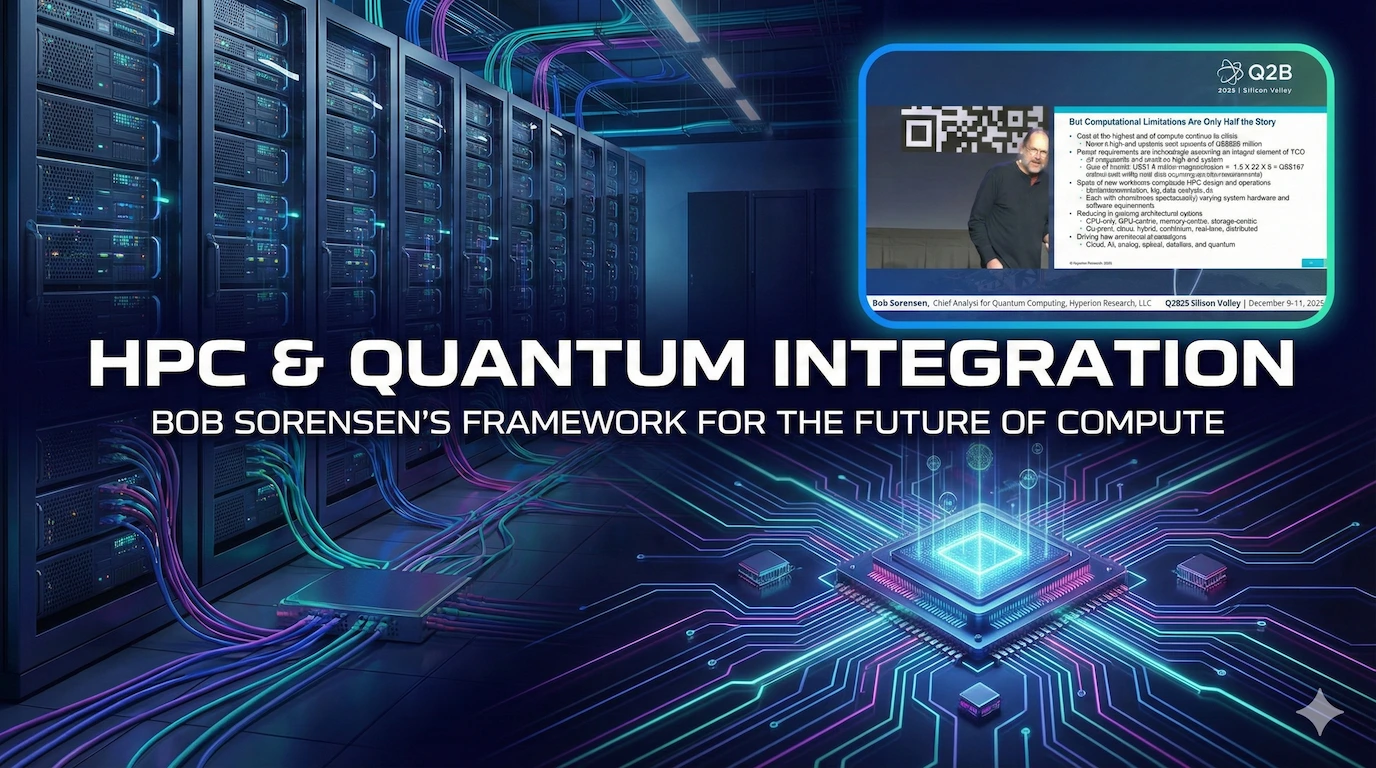Quantum computers first gained notoriety for their potential to break the public cryptosystems that secure most communications. In the decades since, they have gained further attention due to their potential to disrupt entire industries. The potential to wield significant competitive advantage sparked a race to build the first commercial quantum computer, the benefits of which might include:
- Quantum algorithms may solve certain classes of problems exponentially faster than their classical equivalents, as well as problems that otherwise cannot be solved at all
- Quantum algorithms may also provide advantages when solving optimization, machine learning, and finance problems that are applicable across most industries
- True random number generation may help protect communication from current cryptographic threats, as well as the threat posed by future quantum computers
- Quantum systems can be modeled in ways that are impractical with classical computation, which may lead to custom drugs and materials in greatly reduced timeframes
- Reduced energy consumption for computation as compared to high performance computing (HPC), thus reducing energy costs
Commercialising quantum has been underway for several years, but making a useful commercially available quantum computer still faces considerable challenges. The technology is still in its infancy, and advancements need to be made in regard to stability and scalability. Quantum Xchange writes in an article titled “How Close Are We to a Commercial Quantum Computer?” that, despite being in this early stage of development, quantum computers are having an impact now. Most notably, quantum-safe technologies, such as Post-Quantum Cryptography (PQC) and Quantum Key Distribution (QKD), are already being implemented to prevent “harvest now, decrypt later” attacks. The threat is so serious, not only to businesses but to governments, that the Innovation News Network article titled “Quantum computing of the near future: Overcoming society’s most profound challenges” is essentially all about cybersecurity.
Fortunately, enterprises don’t need to know how is a quantum computer made. They don’t even need to know where to buy quantum computer. As noted in “Quantum-as-a-Service: Definition, Advantages and Examples,” commercialized applications are already being made available though “as-a-Service” models.
The Challenge of Quantum Decoherence
One of the fundamental challenges to building commercial quantum computers is called decoherence. Quantum information is lost as the “qubits” that contain that information interaction with the environment. The challenges facing providers include:
- A quantum computer in action is exposed to a wide range of environmental noises, which need to be prevented through shielding and cooling down to extremely low temperatures
- A single error can have a cascading effect as an algorithm executes, accumulating errors and returning incorrect solutions
- Detecting, suppressing, and correcting errors requires the implementation of error correcting codes, most of which require physical qubits in numbers that do not yet exist
- The stability of qubits, which is the duration they can maintain coherence, determine the length of algorithms that can be executed
- Errors occur not only in the evolution of individual qubits, but also in the interactions between qubits; these error rates have to be brought down considerably to realize correct solutions
- In addition to error correction codes, a quantum computer’s specific noise model may require classical machine learning to mitigate errors
- The classical control systems that execute algorithms need to be optimized with classical machine learning models to suppress noise
- How is a quantum computer made is an important consideration, for example superconducting qubits introduce noise via wires that extend outside the processor’s cryogenic environment
- In addition to coherence time and error rates, quantum algorithm design needs to consider that some operations are more robust than others
Despite the challenge posed by quantum decoherence, the race to build the first useful commercial quantum computer has spurred notable progress. Advancements continue in both hardware and error correction codes. This, in turn, pushes forward algorithms and software.
Commercial Applications of Quantum Computing
The first useful commercially available quantum computer will not be a panacea for solving all the world’s problems. Classical computers will not be going away. Instead, there are a few select classes of problems for which industries are eager to see a quantum computer in action:
- While notorious for their potential to break public cryptographic protocols, quantum computers can also generate truly-random keys with which to protect communications
- The ability to model quantum systems, and the original impetus for building quantum computers, is poised to revolutionize drug discovery, material design, climate research, and vehicle design
- Most enterprises have supply chains and many have risks to consider, and a major area of research continues to be optimization algorithms
- Financial analyses require the consideration of too many variables for classical computers to consider, but not too many variables for quantum computers to consider
- Compressing large volumes of classical data onto a relatively small number of qubits holds great promise for machine learning applications
- The randomness that may help secure communication from both classical and quantum threats can also be applied to artificial intelligence applications
It’s important to note that this list may evolve over time. New applications are likely to be discovered, while others may be proven to offer no advantages.
{{Newsletter-signup}}
What is the Difference Between Quantum Computers and Supercomputers?
Quantum computers are not better than supercomputers. They’re different, and there’s a growing trend to use quantum computing and high performance computing (HPC) together. Some of the key differentiators between the two technologies are:
- Supercomputers use binary bits, which can only be 0 or 1 at any given time, whereas quantum computers use quantum bits “qubits”, which have probabilities of being 0 or 1 at any given time
- Qubits can be entangled, which exponentially expands the volume of information being processed; supercomputers have no equivalent
- Supercomputers are deterministic and calculate exact solutions, whereas quantum computers are probabilistic and determine highly probable solutions
- Supercomputers perform far more operations per second; despite their reputation for being fast, the operation of quantum computers is actually quite slow
- Supercomputers are sequential, performing operations in order even if using many processors; quantum computers are inherently parallel, finding all possible solutions simultaneously
- Supercomputers are versatile and can be applied to solve a wide range of problems; quantum computers will only be applied to solve problems that are challenging for supercomputers
- Supercomputers have mature error correction implementations, whereas quantum computers are still too error-prone to be useful yet
- Despite such components as dilution refrigerators and lasers, quantum computers are generally understood to consume far less energy than supercomputers
- Supercomputers enjoy widespread adoption in governments, universities, and large enterprises; quantum computers are spreading, but are still quite rare
- The scalability of supercomputers is mostly limited by budgets, whereas the scalability of quantum computers is still being researched
In summary, quantum computers and supercomputers are very different, and will be used to solve different problems. More likely is that they will be used together to solve different parts of large problems.
Ethical and Regulatory Considerations
Cybersecurity has two sides. Quantum computing grabbed the world’s attention for being a threat, although it is already being implemented as part of the solution. The threat, in general, introduces ethical and regulatory considerations that need to be addressed:
- Data is being stored today for future decryption; regulatory bodies such as NIST need to ensure that post-quantum cryptography (PQC) standards are indeed quantum-safe
- National security concerns are already beginning to govern export controls, a consideration for providers up and down the stack
- National regulations may also govern international collaborations, which are naturally facilitated by current “as-a-Service” providers
- Intellectual property issues are arising as quantum algorithms are being executed and stored on cloud-accessed quantum computers
- Medical ethics questions arise over the storage and use of patient data that will be encoded onto qubits for use in quantum algorithms
- Although training is widely and freely available, a balance must be struck between democratizing access to hardware and commercializing it
- Even for problems for which there may not be computational advantages, reduced environmental impact may make quantum computers more appealing
- Artificial Intelligence (AI) raises safety and ethical concerns even before considering the potential impact of quantum computing
- Quantum communications and quantum sensing are already finding government uses; quantum computing may eventually be used for military applications
Many of these concerns apply to many new technologies. Quantum computing continues to stand out due to its potential to threaten cryptosystems.




.webp)

.webp)



